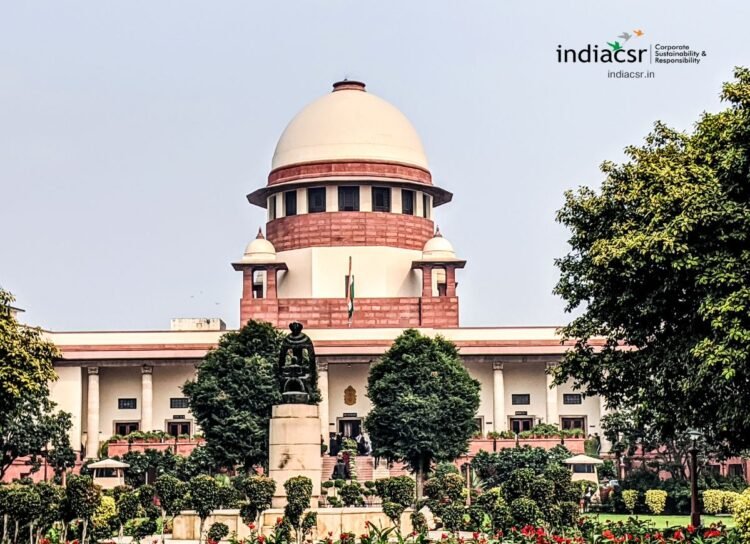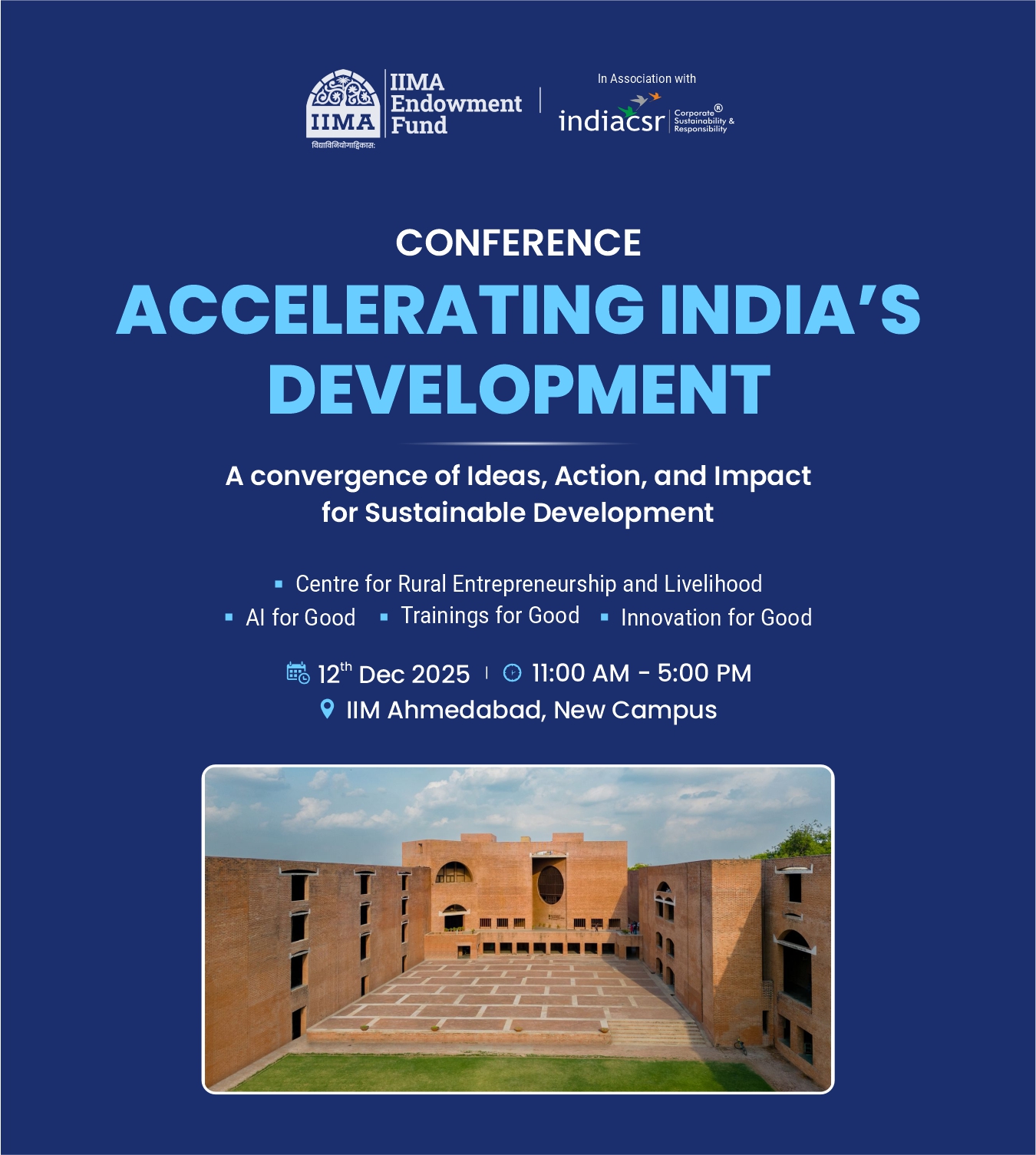Article 21 of the Indian Constitution, which guarantees the right to life and personal liberty, has been a cornerstone of India’s fundamental rights framework. Over the decades, the Supreme Court of India has interpreted this article expansively, recognizing that the right to life encompasses not just physical survival but also the conditions necessary for a dignified existence. On April 30, 2025, a bench comprising Justices JB Pardiwala and R Mahadevan delivered a landmark judgment, holding that inclusive and meaningful digital access to e-governance and welfare delivery systems is an intrinsic part of the right to life under Article 21 (The Hindu BusinessLine). This ruling reflects the growing importance of digital platforms in modern life and underscores the need to ensure that no one, especially marginalized and disabled individuals, is excluded from accessing essential services in the digital age.
The Evolution of Article 21
The scope of Article 21 has expanded significantly since its inception, reflecting the judiciary’s commitment to adapting constitutional protections to societal changes. Initially, in A.K. Gopalan v. State of Madras (1950), the Supreme Court adopted a narrow interpretation, limiting the right to life and personal liberty to protection from arbitrary state action (Indian Kanoon). However, this view was overturned in Maneka Gandhi v. Union of India (1978), where the court held that the right to life includes all aspects that make life meaningful, such as dignity and fairness in legal procedures (Byjus).
Subsequent judgments further broadened Article 21’s scope:
- In Chameli Singh v. State of UP (1996), the court recognized the right to shelter as a fundamental right, encompassing adequate living conditions like clean water, sanitation, and access to amenities (Legal Service India).
- In Paschim Banga Khet Mazdoor Samity v. State of West Bengal (1996), the right to health was included under Article 21, emphasizing access to emergency medical care.
- The right to education was recognized in Unni Krishnan v. State of Andhra Pradesh (1993), later codified as Article 21A through a constitutional amendment (iPleaders).
These rulings established a pattern of interpreting Article 21 to include socio-economic rights essential for human dignity. The recognition of digital access as a fundamental right aligns with this trend, acknowledging that in the digital era, access to technology is critical for exercising other rights.
| Aspect | Details |
|---|---|
| Date | April 30, 2025 |
| Judges | Justices JB Pardiwala and R Mahadevan |
| Petitioners | Acid attack survivors (led by Pragya Prasun), Amar Jain (visually impaired) |
| Key Holding | Inclusive digital access is part of the right to life under Article 21 |
| Constitutional Basis | Articles 21 (life and liberty), 14 (equality), 15 (non-discrimination), 38 (social justice) |
| Issues Addressed | Inaccessible digital KYC processes, systemic exclusion of marginalized groups |
| Directives | 20 directives, including accessibility audits and inclusion of disabled individuals in design |
| Groups Impacted | Persons with disabilities, rural populations, senior citizens, economically weaker sections, linguistic minorities |
The Supreme Court’s Judgment on Digital Access
Background and Context
The April 30, 2025, judgment arose from two public interest litigations (PILs): one filed by a group of acid attack survivors led by Pragya Prasun, and another by Amar Jain, a visually impaired individual (The Tech Portal). The petitioners highlighted the inaccessibility of digital Know Your Customer (KYC) processes, which are mandatory for opening bank accounts and accessing government services. For example:
- Acid attack survivors often face challenges in completing visual KYC tasks, such as blinking or aligning their faces within on-screen frames, due to facial disfigurements or eye damage.
- Visually impaired individuals struggle with digital interfaces that lack accessibility features, such as screen reader compatibility.
These barriers effectively excluded marginalized groups from essential services, prompting the court to examine whether such exclusion violates fundamental rights.
Key Holdings
The Supreme Court held that “inclusive and meaningful digital access to e-governance and welfare delivery systems is a part of the fundamental right to life and liberty under Article 21” (The Hindu). Justice R Mahadevan, who authored the judgment, emphasized that in an era where essential services—governance, education, healthcare, and economic opportunities—are increasingly mediated through digital platforms, the right to life must be reinterpreted to account for technological realities (Indian Express).
The court further noted that the state has a constitutional obligation to provide an inclusive digital ecosystem that serves not only the privileged but also marginalized, underprivileged, vulnerable, disabled, and historically excluded sections of society (Rau’s IAS). This obligation is grounded in:
- Article 14: Ensuring equality before the law.
- Article 15: Prohibiting discrimination on grounds such as disability.
- Article 38: Directing the state to promote social, economic, and political justice under the Directive Principles of State Policy.
Addressing the Digital Divide
The court highlighted the digital divide—unequal access to digital infrastructure, skills, and content—as a form of systemic exclusion. This divide affects:
- Persons with disabilities (PwD), who face inaccessible digital interfaces.
- Rural populations, who lack reliable internet or devices.
- Senior citizens, who may struggle with digital literacy.
- Economically weaker sections and linguistic minorities, who face barriers due to cost or language.
The judgment emphasized that bridging this divide is a constitutional imperative to ensure a life of dignity, autonomy, and equal participation in public life.
Court Directives
To operationalize its ruling, the court issued 20 directives to the government and the Reserve Bank of India, including:
- Conducting periodical accessibility audits of digital platforms.
- Ensuring the participation of persons with disabilities in the design and testing phases of apps and websites.
- Revising digital KYC norms to accommodate individuals with visual impairments or facial disfigurements.
These directives aim to make digital services universally accessible, ensuring that marginalized groups can fully participate in the digital ecosystem.
The Importance of Digital Access
Digital access has become a prerequisite for accessing essential services in modern India. Key examples include:
- E-Governance: Many government schemes, such as Aadhaar-linked welfare programs, require digital registration and KYC verification.
- Education: The COVID-19 pandemic accelerated the shift to online learning, making digital access critical for students.
- Healthcare and Banking: Telemedicine and digital banking rely on accessible platforms.
- Economic Opportunities: Job applications, online marketplaces, and skill development programs are increasingly digital.
However, the digital divide exacerbates inequalities. For instance, rural areas often lack reliable internet, and persons with disabilities face barriers due to poorly designed interfaces. The Supreme Court’s ruling recognizes that excluding individuals from digital services undermines their ability to exercise other fundamental rights, such as the right to education or livelihood.
Inclusivity and Marginalized Groups
The judgment places a strong emphasis on inclusivity, particularly for marginalized groups. It acknowledges that current digital systems often perpetuate systemic exclusion by failing to accommodate diverse needs. For example:
- Digital KYC processes that require visual tasks exclude acid attack survivors with eye damage or facial trauma.
- Websites and apps lacking screen reader compatibility or alternative text exclude visually impaired users.
- Rural populations and economically weaker sections face barriers due to limited access to devices or internet connectivity.
To address these issues, the court’s directives mandate proactive measures, such as:
- Designing digital platforms with accessibility features, like voice navigation or multilingual content.
- Conducting regular audits to identify and rectify accessibility gaps.
- Involving marginalized communities in the development process to ensure their needs are met.
This focus on inclusivity aligns with the principle of substantive equality, which requires the state to take affirmative steps to level the playing field for disadvantaged groups.
Implications and Future Prospects
The recognition of digital access as a fundamental right under Article 21 has far-reaching implications for policy and governance in India. Key implications include:
- Policy Shifts: The government may need to invest in digital infrastructure, such as expanding internet access in rural areas and developing assistive technologies for persons with disabilities.
- Digital Literacy: Programs to enhance digital skills, particularly for senior citizens and economically weaker sections, may gain priority.
- Private Sector Accountability: Banks, tech companies, and service providers may face stricter regulations to ensure their platforms are accessible.
The judgment also sets a precedent for future digital rights cases. It opens the door to recognizing related rights, such as:
- The right to affordable internet access.
- Protections against digital discrimination.
- Data privacy and security in the digital ecosystem.
Globally, this ruling positions India as a leader in recognizing digital access as a human right, potentially influencing other jurisdictions grappling with similar issues. However, implementation challenges remain, including:
- Resource Constraints: Building inclusive digital infrastructure requires significant funding and expertise.
- Enforcement: Ensuring compliance with the court’s directives across public and private sectors will require robust monitoring.
- Scope of the Right: Questions remain about whether the right to digital access includes free internet or devices, which could spark further litigation.
You Learn
The Supreme Court’s April 30, 2025, judgment recognizing digital access as an intrinsic part of the right to life under Article 21 is a transformative step toward digital inclusion in India. By interpreting Article 21 to encompass access to digital platforms, the court has reaffirmed its commitment to adapting fundamental rights to contemporary challenges. This ruling not only addresses the immediate barriers faced by marginalized groups but also lays the foundation for a more equitable digital future. As India continues its digital transformation, the state, private sector, and civil society must work together to bridge the digital divide, ensuring that every citizen can enjoy the benefits of technology in a dignified and equal manner.
(India CSR)





